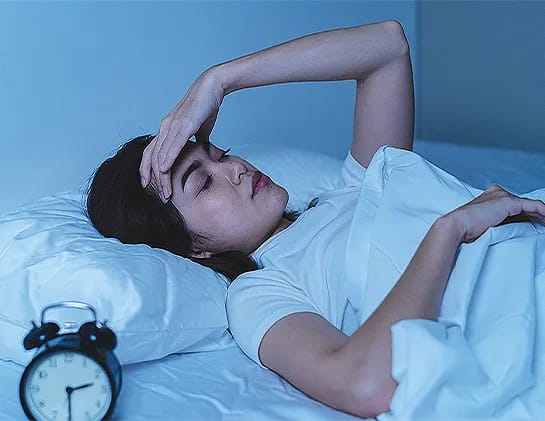Sleeplessness, Anxiety And Anemia
- 20 Jan 2026

Key highlights or summary
- Iron deficiency can cause fragmented sleep, restless leg syndrome, and insomnia.
- Low iron affects neurotransmitter production, disrupting dopamine and serotonin levels.
- Decreased oxygenation due to iron deficiency impacts mood and anxiety regulation.
- Proper diagnosis, iron-rich diet, and supplementation can manage symptoms.
- Lifestyle changes like sleep hygiene, relaxation, and regular exercise improve sleep and reduce anxiety.
